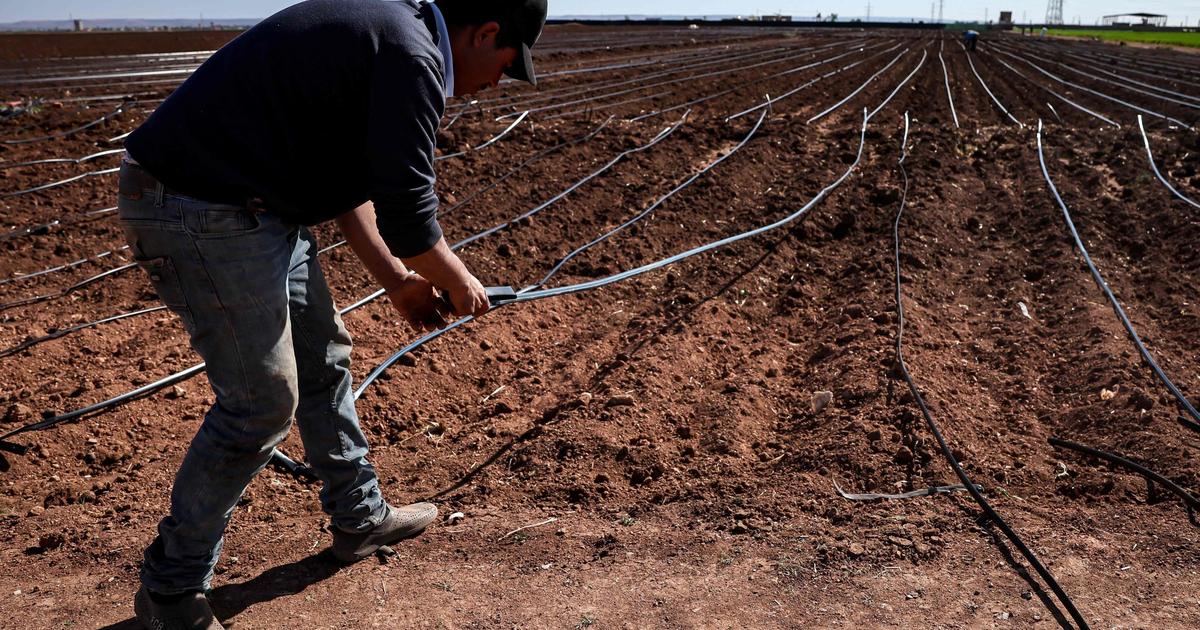Morocco has just broken its heat record this Wednesday, February 14, with a temperature of 36.6°C recorded in Tan-Tan, in the south of the country.
The record was until now held by the town of Nouaceur and its 36.6°C in February 1960.
It is a historic heat that the Kingdom of Morocco is facing.
36.4°C in Essaouira, 36°C in Agadir, 35.6°C in Safi according to information from
Ogimet
, the temperatures continue to rise in this very winterless month of February.
An event that Serge Zaka, a Franco-Lebanese agricultural engineer, doctor in agroclimatology and storm chaser, describes as
“spectacular”
on X (ex-twitter).
A specialist in the impacts of climate change on agricultural production, he explains the phenomenon of desertification which threatens certain agricultural areas of Morocco.
“These last six years of drought are very revealing.
Morocco, like southern Spain, will no longer be able to be the orchards of Europe by 2050
.
And in a country whose agricultural model is mainly based on exports, the economic consequences can be serious.
Significant economic consequences
Since the beginning of January, Morocco has recorded rainfall down 44% compared to the start of 2023, with at the same time an average increase in temperatures of 1.8 degrees compared to the period of 1981-2010, the Minister of Agriculture recently indicated. Water, Nizar Baraka to AFP.
According to agronomist Abderrahim Handouf, this situation will have a
“serious impact on the economy”
, Moroccan agriculture employing a third of the population and representing 14% of exports, more profitable than the local market.
Taking the example of the olive tree, Serge Zaka illustrates the economic repercussions of climate change on the cultivation of this tree, mainly present around the Mediterranean Sea.
“Morocco and Andalusia will gradually exit the biogeography (species distribution area) of many agricultural species leading to the disappearance of many agricultural sectors.”
Thus, according to him, the olive tree should begin to establish itself further north, and particularly in France, where it is already present in the South-East.

